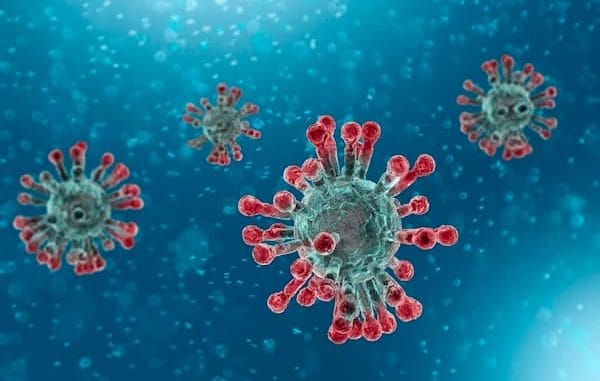
The latest figures related to the spread of coronavirus have been released – including the number of UK patients who have recovered.
As of today (March 27) a total of 113,777 people have been tested, of which 99,234 were confirmed negative and 14,543 were confirmed positive.
As of 5pm on 27 March 2020, 1,019 patients in the UK who tested positive for coronavirus (COVID-19) have died.
Some 135 patients in the UK are listed as having recovered from the virus.
In Kent 182 people have tested positive with a further 48 in Medway.
In Thanet there have been cases including in Westgate, Birchington Vale, a staff member at Saga and a parent of a Chatham & Clarendon pupil. There have been suspected cases in Margate and Ramsgate. There are an unconfirmed number of Covid-19 patients at QEQM Hospital.
It is understood some QEQM staff are self-isolating and at least one member has received a positive result.
Prime Minister Boris Johnson revealed today he has tested positive as has Health Secretary Matt Hancock. The Chief Medical Officer for England Chris Witty is self isolating after showing symptoms.
Many people do not have access to a test so the numbers only reflect those who have been tested, meaning the number of cases is likely to be higher.
Symptoms:
- a high temperature – this means you feel hot to touch on your chest or back (you do not need to measure your temperature)
- a new, continuous cough – this means coughing a lot for more than an hour, or 3 or more coughing episodes in 24 hours (if you usually have a cough, it may be worse than usual)
To protect others, do not go to places like a GP surgery, pharmacy or hospital. Stay at home.
Use the 111 online coronavirus service to find out what to do.
Use the 111 coronavirus service at https://111.nhs.uk/covid-19/
Reduce the spread
- wash your hands with soap and water often, for at least 20 seconds
- use hand sanitiser gel if soap and water are not available
- cover your mouth and nose with a tissue or your sleeve (not your hands) when you cough or sneeze
- put used tissues in the bin straight away and wash your hands afterwards
- clean objects and surfaces you touch often (like door handles, kettles and phones) using your regular cleaning products

